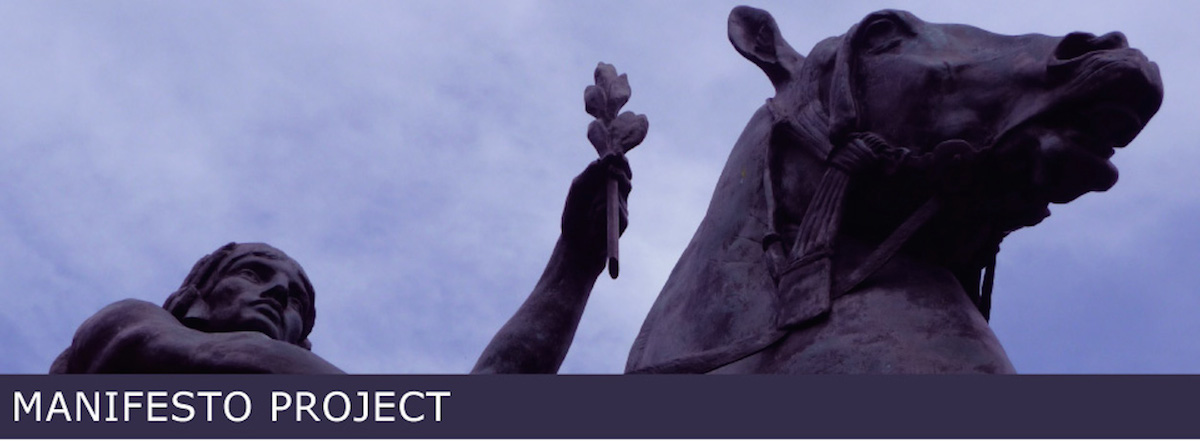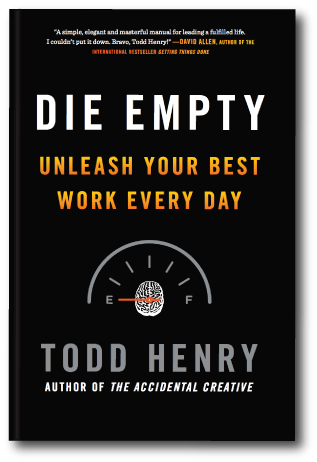Creator
Michael Pollan is an American journalist and author who explores the intersection between nature and culture. He has written widely on the food we eat.
Several of his books have been turned into TV shows, including the Netflix documentary Cooked.
Purpose
“Eating in our time has become complicated – needlessly so, in my opinion.
…But, for all the scientific and pseudo-scientific food baggage we’ve taken on in recent years, we still don’t know what we should be eating.
…A few years ago, feeling as confused as everyone else, I set out to get to the bottom of a simple question: what should I eat? I’m not a nutrition expert or a scientist, just a curious journalist hoping to answer a straightforward question for myself and my family.
…The selection of food rules below are less about the theory, history and science of eating than about our daily lives and practice. They are personal policies, designed to help you eat real food in moderation and, by doing so, substantially to get off the western diet. I deliberately avoid the vocabulary of nutrition or biochemistry, though in most cases there is scientific research to back them up.”

Two Principles
“There are basically two important things you need to know about the links between diet and health, two facts that are not in dispute. All the contending parties in the nutrition wars agree on them. And these facts are sturdy enough that we can build a sensible diet upon them.
The first is that populations that eat a so-called western diet – generally defined as a diet consisting of lots of processed foods and meat, lots of added fat and sugar, lots of refined grains, lots of everything except vegetables, fruits and wholegrains – invariably suffer from high rates of the so-called Western diseases: obesity, type 2 diabetes. Eighty per cent of the cardiovascular diseases and more than a third of all cancers can be linked to this diet.
Secondly, there is no single ideal human diet; the human omnivore is exquisitely adapted to a wide range of different foods. And there is a third, very hopeful fact that flows from these two: people who get off the western diet see dramatic improvements in their health.”
Manifesto
Eat only foods that will eventually rot.
Eat foods made from ingredients that you can picture in their raw state or growing in nature.
Get out of the supermarket whenever you can.
Eat only foods that have been cooked by humans. (not corporations)
Eat mostly plants, especially leaves.
Treat meat as a flavouring or special occasion food.
“Eating what stands on one leg [mushrooms and plant foods] is better than eating what stands on two legs [fowl], which is better than eating that which stands on four legs [cows, pigs, and other mammals].” (Chinese Proverb)
Eat your colours.
Eat animals that have themselves eaten well.
Sweeten and salt your food yourself.
“The whiter the bread, the sooner you’ll be dead.”
Have a glass of wine with dinner.
Stop eating before you’re full.
Do all your eating at a table.
Break the rules once in a while.
Source
Comment
This is a beautiful example of a rules based manifesto with the two most important parts on clear display.
First, the context: what should I eat? (I probably would have called this the ‘What should I eat?’ manifesto)
Second, the rules: 15 personal policies that Pollan offers.
What I particularly like here are the word choices in the rules. They are casual and informal which make this manifesto accessible and they support the view that he is not trying to present science, theory or history – instead something practical. They are also a healthy mix of clarity and intrigue.
Some rules are very clear:
- Get out of the supermarket whenever you can.
- Stop eating before you’re full.
- Break the rules once in a while.
Others force you to stop, think and ask: what does he mean by that? For instance:
- Eat only foods that will eventually rot.
- Eat foods made from ingredients that you can picture in their raw state or growing in nature.
- Eat your colours.
While the goal in this second group is to prompt engagement, the true test here is: once they are explained, do they add value? Are they easily understood and applied?
For example, ‘eat your colours’. As soon as you know that Pollan is talking about eating a wide range of fruits and vegetables that come in a wide range of colours, this becomes a clear, obvious and easy rule to use in your daily life.







 Todd Henry, Author of multiple books including:
Todd Henry, Author of multiple books including: